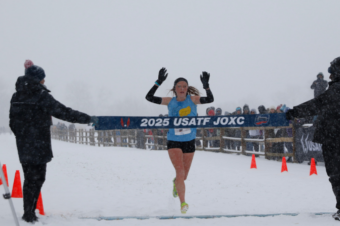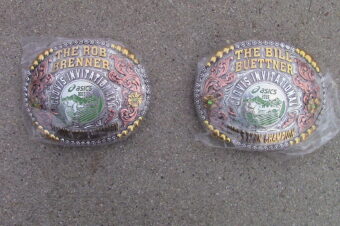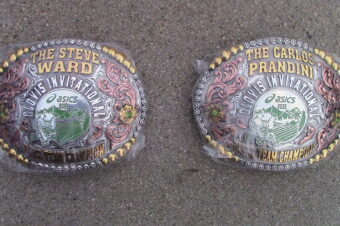

Level Up: Love. Hate. Stress. Success.
LEVELUP INSIDERS February 26, 2019 Erika Westhoff 0

Rebuild The Love With Your Favorite Sport •
It’s often said that an athlete’s relationship with their sport is that of both love and hate.
It’s the thing that you love the most. It gives you moments of total joy and satisfaction. Simultaneously, it’s the thing that causes the most disappointment, frustration and feelings of failure.
In today’s age of “Insta Perfect” the reality of the love/hate relationship you’ll have with your sport may catch you off guard.
I am often working with athletes who are trying to rebuild the love. Athletes have many reasons for getting stuck feeling like they hate their sport. But I assure you, there’s always a way out. Here’s a case where stress levels associated with her sport were killing the joy — and the performance.
Managing Stress Levels
Sam, a very promising 14-year-old female rower (crew), came to me for help with managing the stress levels she was experiencing in training and competition. She had a strong history of excelling in her rowing due to her strength, long legs and incredible work ethic. As a high school freshman, the varsity coaches made it clear they wanted her on the team.
Despite her strengths, Sam had developed overwhelming levels of fear and anxiety around her sport. Pre-race she was feeling incredibly nervous. She was thinking too much (couldn’t focus), feeling terribly jittery (she couldn’t get a good feel of the water) and was experiencing pre-race nausea (and occasional vomiting). Most notably, she was more and more often unable to finish her 2K races due to feeling as though she was going to black out. Sam hated feeling this way and needed help.
Sam fit the profile of a high-stress personality. She pushed herself to be the best rower, and to get excellent grades. She was involved in school leadership, served her community and was a rock star in so many ways. While pushing yourself is a MUST to be a highly competitive athlete, it can often be a double-edged sword.
Because of the pressure she put on herself, Sam’s inner dialogue (self-talk) had turned quite negative. Its focus was on all the possibilities of what could go wrong. This would trigger feelings of fear and cause her to feel anxious to point of panic. Her future-oriented thoughts kept her from being able to focus on what she needed to do to row productively. It was impossible for her to push through and get the job done because of these thoughts and emotions.
Teaching The Fundamentals
We began by teaching Sam the mental fundamentals. We set detailed goals, taught her how to properly relax, visualize for learning and success, manage inner dialogue and control emotions. Then, we created systematic use of her mental skills to ensure proper preparation: How to mentally adjust while rowing at very high-intensity levels, and how to mentally recover and reset following heavy training session or races.
Within six weeks, Sam was making good progress. She was able to start her high-intensity sessions with a lower stress baseline. This allowed her to focus and tolerate more physical stress during her rowing. Her nerves eased to a reasonable level, confidence began to grow and her performance improved. The love of rowing was returning and her roster spot on varsity was once again a reality.
Experience with developing all parts of sport (technical, tactical, physical, mental) help athletes have the tools they need to stay in the game through all the love AND hate. Mental skills are a great and necessary set of tools for any athlete who pushes themselves to be their best.









No comments so far.
Be first to leave comment below.